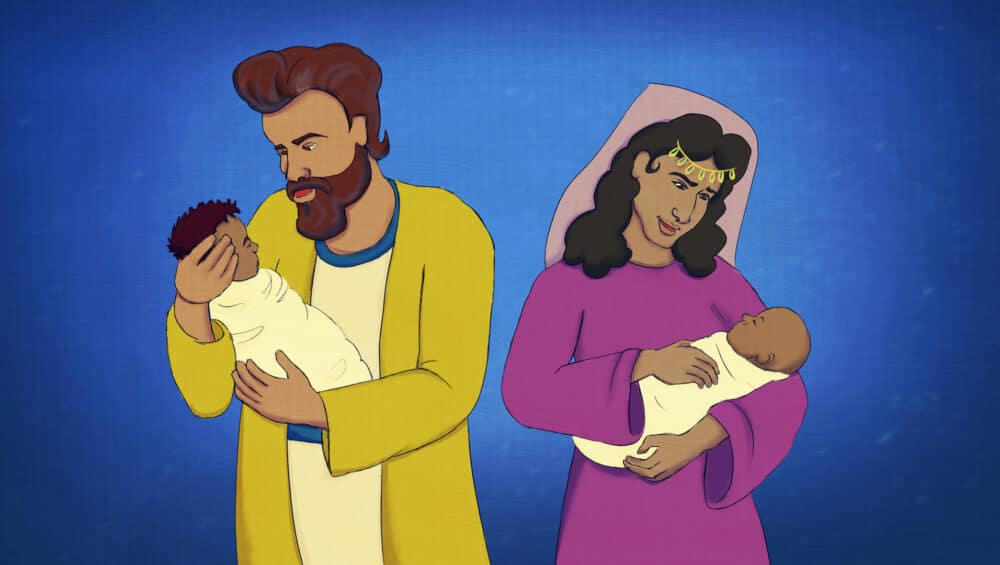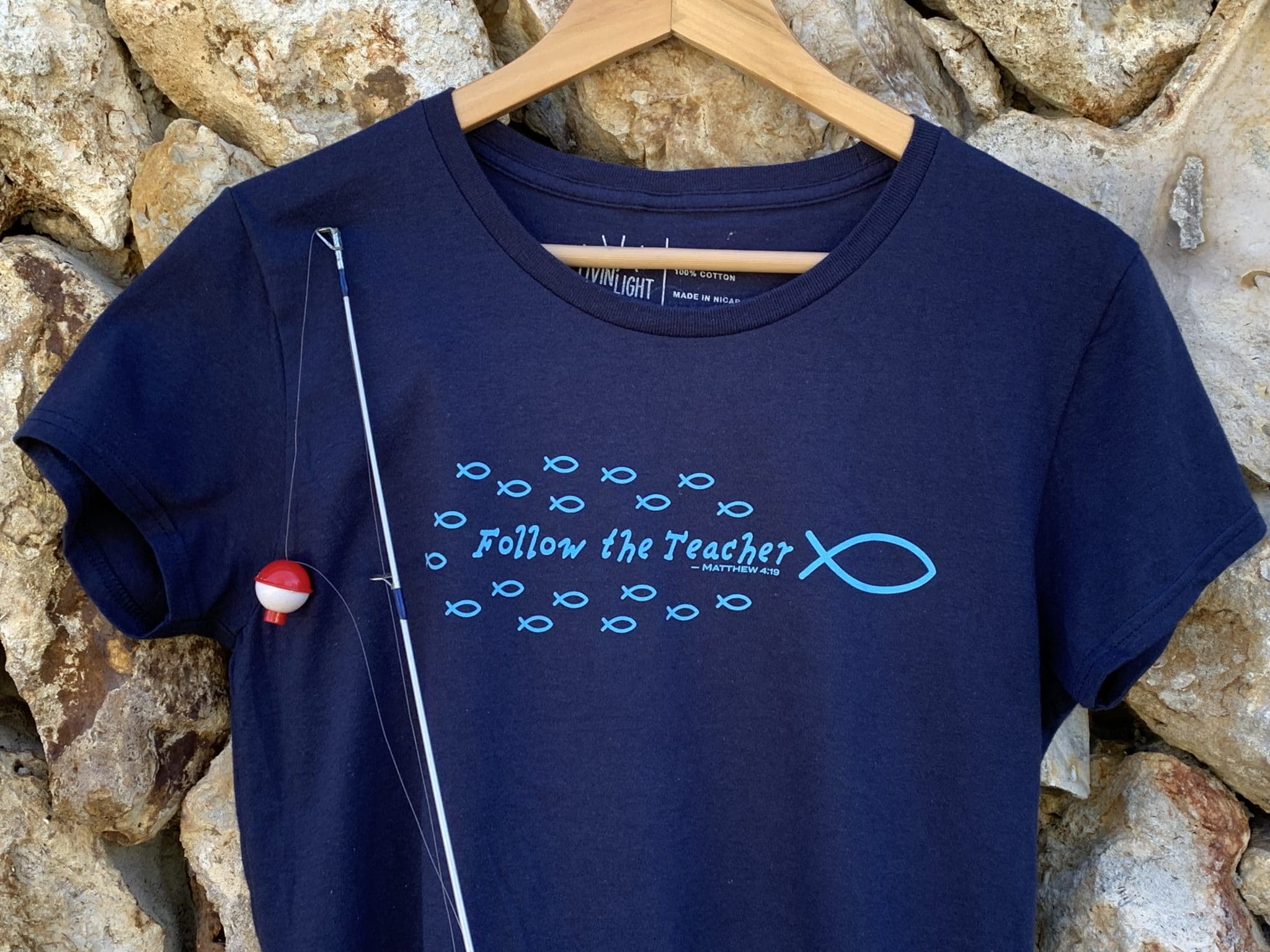John Paul Stanley / YoPlace.com
Welcome to Livin’ Light’s Bible-In-A-Year challenge of discovering God’s love for us and His purpose for our lives. Here is the format for this great adventure: The daily reading assignment is posted at 5 a.m. After each day’s reading, Leigh An Coplin, the blog host, shares observations and poses questions about difficult passages to Rob Fields, who studied Christian Education at Asbury Seminary and currently teaches Biology in the Orlando area. To start from the beginning, click on 365 Bible Readings and scroll down to Day 1. The reading schedule is taken from The One Year Chronological Bible NLT.
Today’s Reading
— Genesis 25:1-4
— 1 Chronicles 1:32-33
— Genesis 25:5-6
— Genesis 25: 12-18
— 1 Chronicles 1:28-31
— 1 Chronicles 1:34
— Genesis 25:19-26
— Genesis 25:7-11
(2006-1978 BC) Click here for a timeline of the whole Bible.
Questions & Observations
Q. (25:1): Abraham remarried and had other children, but in other verses, 1 Chronicles 1:28, the Bible says he only had Isaac and Ishmael for sons.
A. I guess the answer is that the Chronicler is limited in space (if you will) and he is choosing to focus only on the significant (in his mind) sons of Abraham.
Q. (25:23): When God tells Rebekah that her sons will be two rivaling nations, He makes it that way for a reason? This goes against the thought that God gives us free will. Like Hagar accepted God saying that she must yield to Sarah, Rebekah accepts that her twins will be rivals.
A. There’s a difference between saying that a person has free will and saying “God does not know what this person will become, regardless of free will.” Jacob and Esau were born to be rivals (and if anything their parents encourage this, as we will see shortly). Keep in mind that rivaling nations does not necessarily mean “enemy nations.”
I think the situations you are comparing point to two different concepts. While Hagar’s story is about her submission to Sarah, it was better than dying in the wilderness, as she would have without God’s help. But when God tells Rebekah that she will have twins — well, there’s no way around that. She didn’t have a free will consideration in how many babies she had. As to whether they would be rivals, as I mentioned, Rebekah herself will have a hand in creating their rivalry. I wouldn’t read this scripture as God CREATING the fate of her boys, but rather INFORMING her of the path that her twins will walk.
Regardless of one’s feelings about free will and predestination (the other side of the free will coin), the two sides agree completely in the fact that God knows the whole life of every person and what actions they will take. This is an example of what we refer to as God’s omniscience — that He knows everything that there is to be known — including the entire lives of human beings. The true consideration of FW/Pred is not whether God knows everything (He does), but whether the will of God can be rejected by human choice. Predestination argues that the will of God is unavoidable because of His ultimate power, and Free Will argues that the will of God can be resisted because He chooses to not force us to choose Him. I hope that is helpful.
For more insight
There are many articles online about biblical birthrights. Here are a couple:
— https://justdisciple.com/birthrights-bible/
— https://housetohouse.com/jacob-take-took-esaus-birthright/
Shop: Livin’ Light stands on the Word of God with a Bible verse is on every product.
Tomorrow’s reading: Genesis 25:27-28:5











